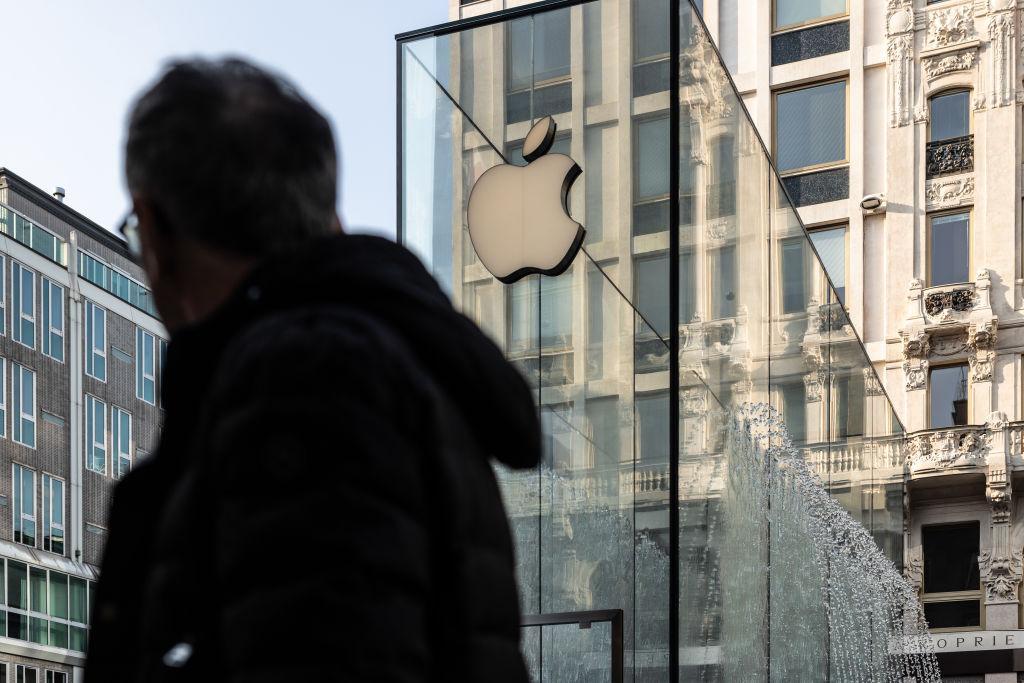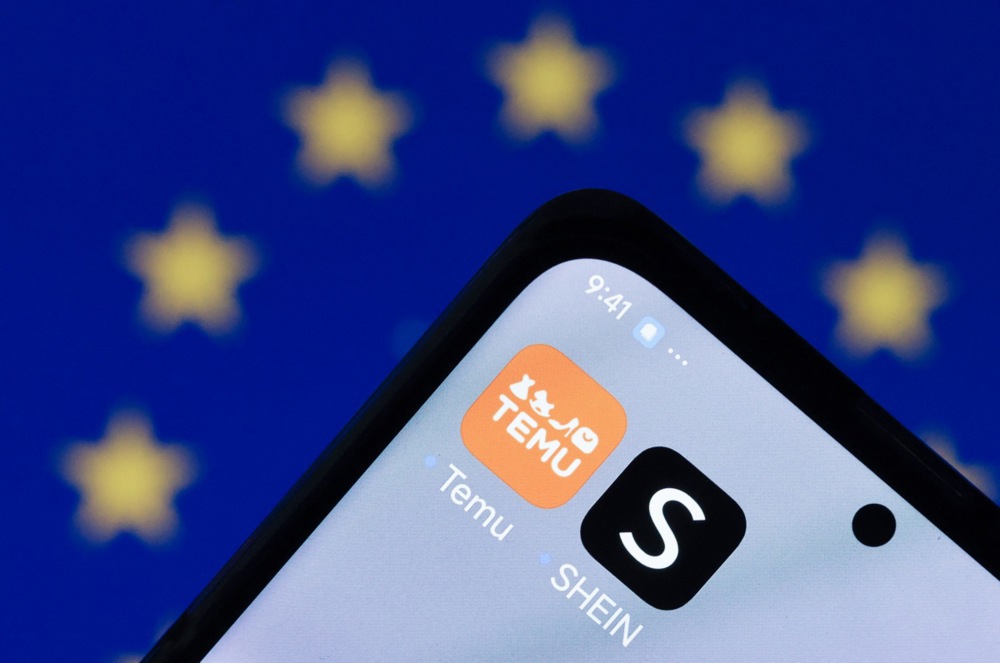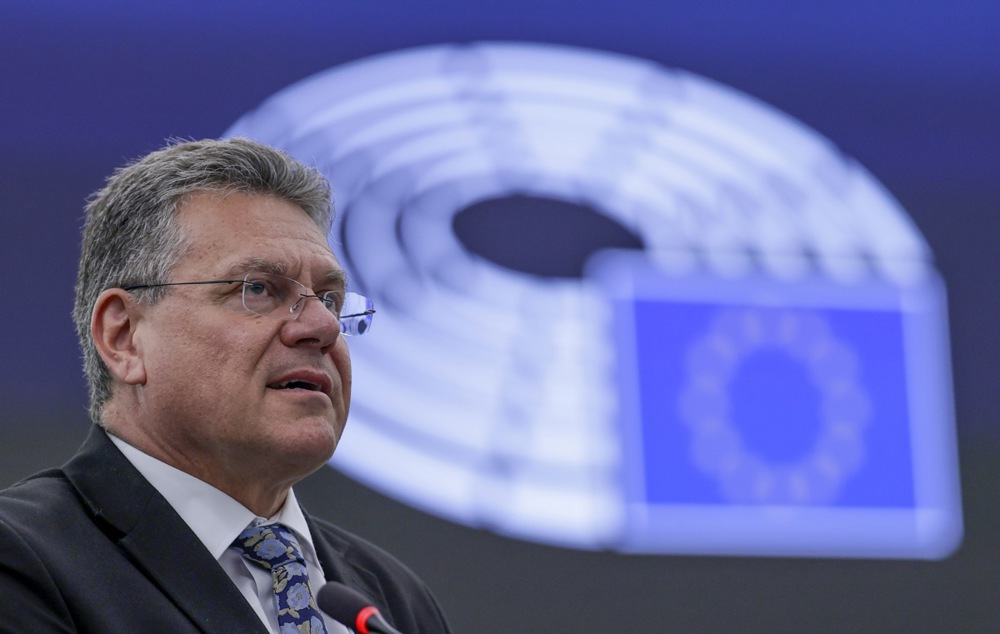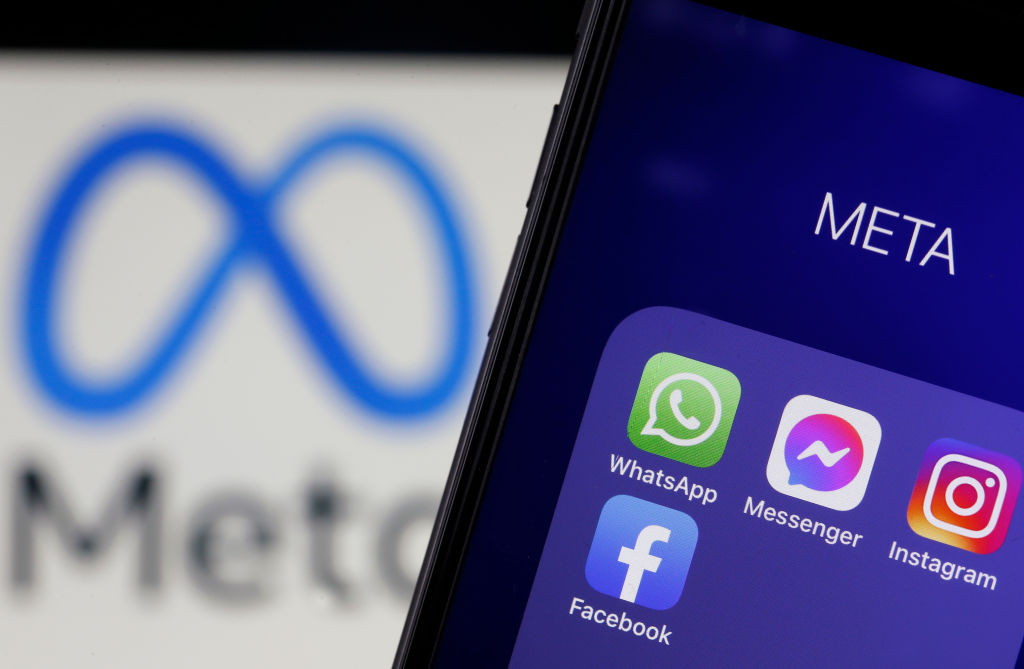Speaking to journalists on June 2, EU competition chief Teresa Ribera said “this investigation shows that competition rules are not just about keeping prices down, they also protect our freedom to choose, including where we want to work”.
That meant that if two large platforms promised not to recruit each other’s staff, delivery drivers and office employees lost out on better pay or conditions. That was because they could not move from one company to the other, even if a higher wage was on the table.
“Consumers should have the benefits of competition when shopping online,” Ribera added.
If Delivery Hero and Glovo had really competed, this could create lower delivery fees, faster service or more promotions, she added.
Instead, by splitting up markets so Delivery Hero focused on certain countries and Glovo on others and swapping trade secrets, customers paid more and saw fewer options.
Even when their other secret agreements briefly faltered around late 2018, the no-poach deal stayed in place until July 2022, long after Delivery Hero first bought a small stake in Glovo in mid-2018, according to the Financial Times.
The EU’s probe started after whistleblowers tipped off anti-trust officials.
In 2023, investigators carried out dawn raids on both companies and the formal inquiry was announced in July 2024.
It found that, by co-ordinating in secret, Delivery Hero and Glovo acted as partners rather than rivals.
Delivery riders and other employees thus could not switch to the other firm to negotiate higher wages or better schedules because the firms had agreed not to hire each other’s workers.
The EC noted that “the standard 10 per cent were imposed”, meaning the fines were set at the usual level for settlement deals, after Delivery Hero fully co-operated.
In a June 2 press release from its Berlin headquarters, Delivery Hero said it had set aside €400 million for any penalty, meaning the final €329 million fine was almost 20 per cent lower than anticipated.
The company confirmed it co-operated fully with the EC and that it would release the unused funds without affecting its reported earnings.
Delivery Hero also stressed its commitment to maintaining a “culture of compliance” and operating “in a responsible and ethical manner.”
Ribera emphasised the prosecution set a precedent: It was the first time Brussels had fined companies for making a no-poach agreement and also the first time it had penalised a firm for using a minority share in a rival to orchestrate secret co-ordination.
“When you take away choice, everyone loses,” she said, underlining that the illegal scheme hurt both shoppers who saw higher prices and fewer options and workers who lost the freedom to choose where to work.
Both Delivery Hero and Glovo admitted their roles in the cartel and agreed to settle.





